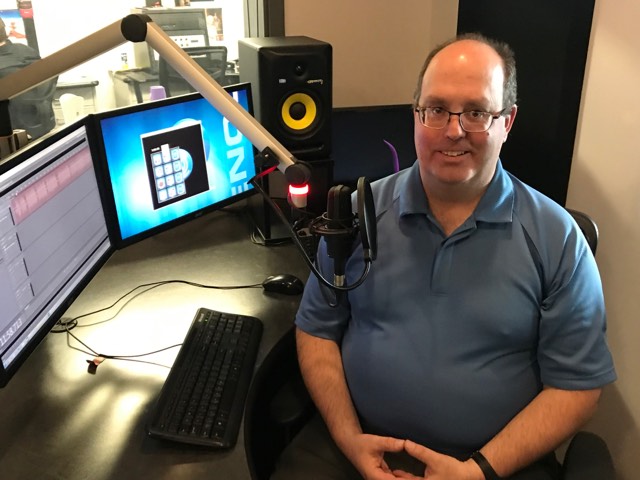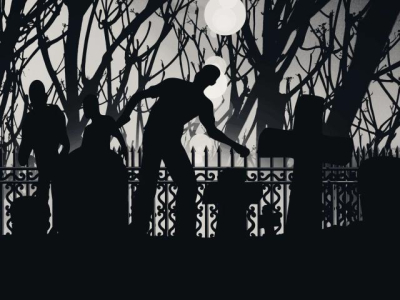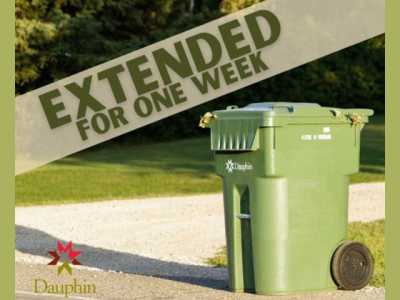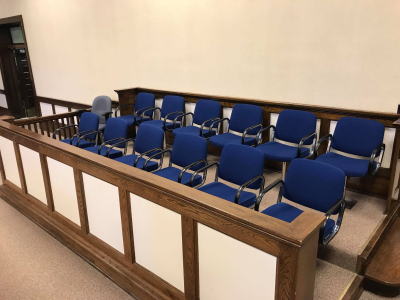Today is April 20th, commonly refered to as 4:20 by the Cannabis Culture. Even though it’s been half a year since marijuana became legal in Canada, edibles are still not available in stores, though it's been predicted they could be by October 17th.
Trevor Shewfelt, a co-host of the Reefer MEDness Podcast says a lot of people just prefer them over smoking.
“The medicinal people we’ve talked to, that’s the preferred method of taking it in. They don’t like smoking. They just prefer an edible so it’s great for them.”
Shewfelt says there are a lot of positives to edibles like no smell or smoke. Dosing is one downside. If a package is labelled poorly or people aren’t paying attention, it’s easier for people to take too much, though statistics have proven it’s tough to overdose on cannabis. Cannabis overdose is not like an opioid overdose, where death is possible.
Shewfelt says that if you have trusted your dealer for a long time and they charge you a much lower price than a legal store, you might stick with what you know.
which stops many from purchasing legally.
In one of the podcasts, S2E3, they spoke with Dr. Jason Childs, an economist who said that one of the biggest problems he sees is that the black market continues to exist because the legal channels can't compete on price.
“For people to go to a new product that they are not familiar with, where some trust has been established already with the illegal market, one of the worst things you want to do as a marketer is go in at a higher price unless you have a dramatically better product.”
Shewfelt said they interviewed a patient on the Reefer MEDness podcast who is spending thousands of dollars on medical cannabis. One reason the cost is so much is because of all the taxes imposed on the medication.
But there are other things people complain about when they go buy their legal weed, like the packaging.
Shewfelt says environmentally the packaging is not the friendliest thing.
“So the government intentionally said everything should be in a childproof container. So, as a pharmacist this makes sense. But picture a bottle that you would get vitamins in and that’s what the cannabis has to be sold in. So there is a whole lot of bottle for a tiny bit of product.”
Shewfelt hopes down the road we’ll see a more childproof and less packaging intense solution, but we’re not there yet.
Pharmacists are still not allowed to sell medical cannabis in the pharmacy, which Shewfelt does not understand. He calls it a strange system where you get a prescription from a doctor, it gets sent to a licensed producer, and then they send it directly to you.
“It would make so much more sense for it to go through a pharmacy. Because a lot of these people are, frankly, sick and on a bunch of other medications and it would be a good idea for a health care professional to be involved in the making sure what you’re taking cannabis wise mixes with the other medications.”
Shewfelt says he hasn't got anything against licenced producers, but says they don’t know all the other medications people take.
You can learn everything you need to know about how legalization affects the Canadian Cannabis culture by checking out the Reefer MEDness Podcast hosted by Shewfelt and Kirk Nyquist here.







